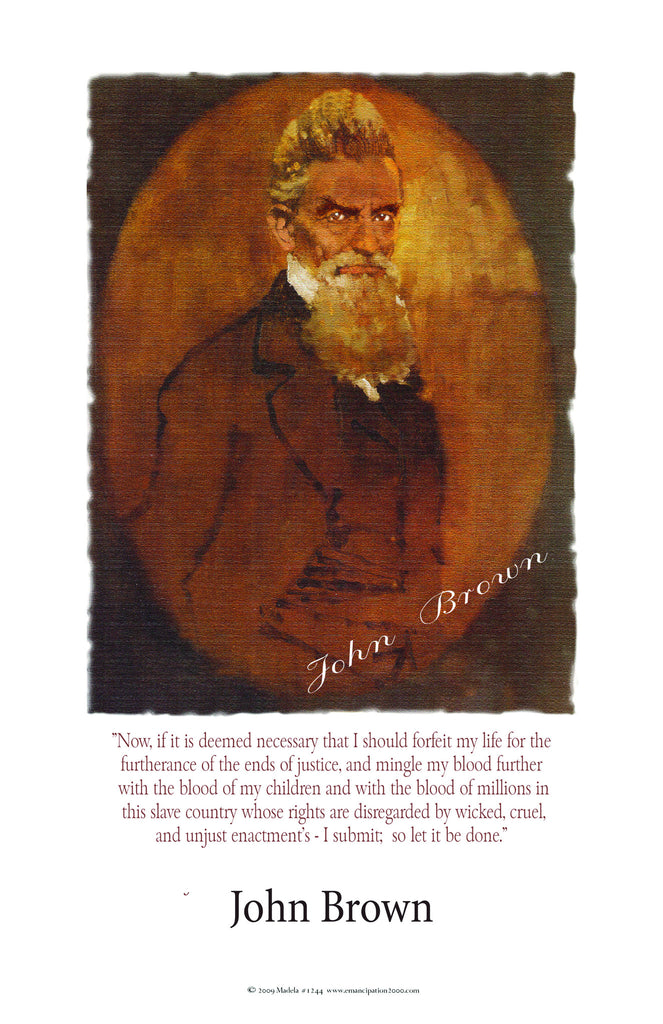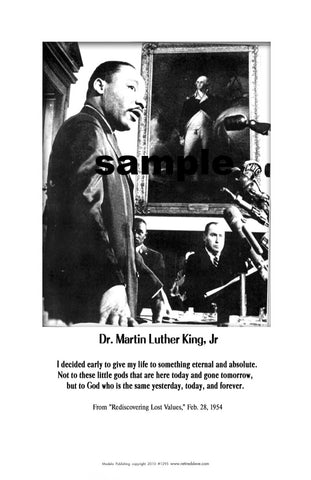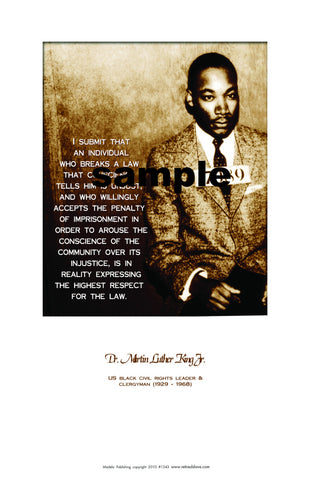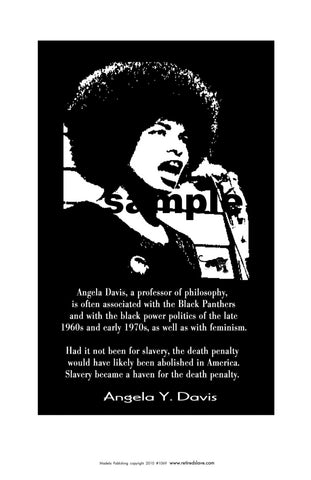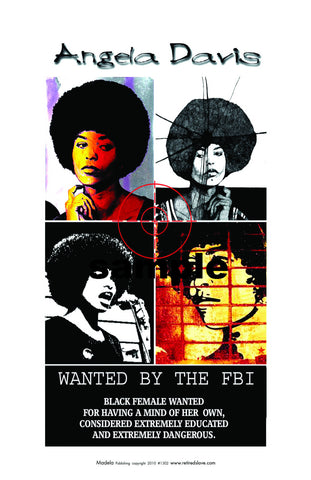John Brown #1244
$ 8.00
Caption from poster__
" Now, if it is deemed necessary that I should forfeit my life for the
furtherance of the ends of justice, and mingle my blood further
with the blood of my children and with the blood of millions in this
slave country whose rights are disregarded by wicked, cruel,
and unjust enactments, I say, let it be done.? "
John Brown (May 9, 1800 – December 2, 1859) was the first white American abolitionist to advocate and to practice insurrection as a means to the abolition of slavery. He has been called "the most controversial of all nineteenth-century Americans." His attempt to start a liberation movement among enslaved blacks in Virginia in 1859 electrified the nation, even though not a single slave answered his call. He was tried for treason (against the state of Virginia) and hanged, but his behavior at the trial seemed heroic to millions of Americans. He first gained attention when he led small groups of volunteers during the Bleeding Kansas crisis. Unlike other Northerners, who advocated peaceful resistance to the pro-slavery faction, Brown demanded violent action. His belief in confrontation led him to kill five pro-slavery southerners in what became known as the Pottawatomie Massacre in May 1856. Brown's most famous deed was the 1859 raid he led on the federal armory at Harpers Ferry, Virginia (in modern-day West Virginia). At Harpers Ferry, he seized the federal arsenal, killing seven people (including a free black), and injuring ten or so more. Brown's subsequent capture by federal forces, his trial for treason to the state of Virginia, and his execution by hanging were an important part of the origins of the American Civil War, which followed sixteen months later. His role and actions prior to the Civil War, as an abolitionist, and what tactics he chose still makes him a controversial personality today. Depending on the point of view, he was heralded as a heroic martyr or vilified as a terrorist. Numerous American historians in the 20th century deprecated Brown as an insane zealot and madman. On the other hand, some scholars glorified Brown for his sincere and self-sacrificing devotion to the abolition of slavery. One recent scholar, Reynolds (2005) sees him as the inspiration for the Civil Rights Movement a century later, arguing "it is misleading to identify Brown with modern terrorists." Brown's nicknames were Osawatomie Brown, Old Man Brown, Captain Brown and Old Brown of Kansas. His aliases were "Nelson Hawkins," "Shubel Morgan," and "Isaac Smith." Later the song John Brown's Body became a Union marching song during the Civil War.
Print with Black Frames $25.00
For 24" x 36' Size prints
please call 678-608-7892 to order
